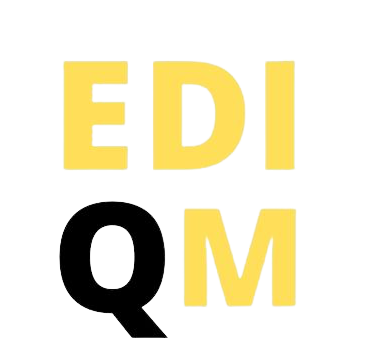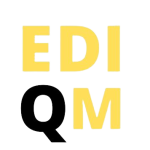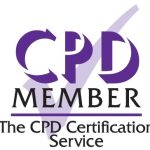Dive into our immersive workshops, meticulously crafted to enrich both pupils and staff with a deeper understanding of empathy and inclusion. These workshops offer firsthand experiences simulating the challenges faced by individuals with diverse needs. Participants, whether pupils or staff, will navigate real-world scenarios from physical to cognitive challenges, each followed
by an enlightening educational discussion. Beyond mere knowledge acquisition, these sessions aim to ignite change, fostering a compassionate and supportive community that values diversity and inclusivity. Embrace this unique opportunity to enhance personal growth and professional development while championing an environment where everyone feels a sense of belonging.
Physical Disabilities Workshops
Wheelchair Navigation:
· Description: Participants navigate through a carefully crafted obstacle course, simulating challenges like ramps and confined spaces.
· Educational Component: An ensuing discussion sheds light on the importance of accessible infrastructures and possible interventions for wheelchair users.
Visual Impairment Simulation:
· Description: Participants adopt vision-altering glasses, attempting tasks that give a glimpse into the life of visually impaired individuals.
· Educational Component: Reflections delve into the assistance systems in place like guide dogs, canes, and the invaluable role of human aid.
Fine Motor Skill Challenges:
· Description: Through tasks like buttoning or handling minuscule objects, participants, with the help of specialized gloves, experience diminished dexterity.
· Educational Component: The session highlights the world of assistive tools, from zipper pulls to button hooks, and their role in daily life.
Auditory Distortion Exercise:
· Description: With sound-altering headphones, participants attempt to comprehend spoken words, mirroring auditory challenges.
· Educational Component: Emphasis lies on the essence of lucid signage and alternative communication techniques for those with auditory challenges.
Olfactory Awareness:
· Description: Relying solely on their olfactory senses, blindfolded participants discern different items.
· Educational Component: Conclusions highlight the intricacies of sensory loss and the potential compensatory enhancements of other senses.
Cognitive and Learning Disabilities Workshops
· The Distraction Challenge:
· Description: Amidst external distractions, participants tackle puzzles, mirroring conditions akin to ADHD.
· Educational Component: Dialogue revolves around understanding ADHD and the accommodations in learning and focus it necessitates.
· Memory & Concentration:
· Description: Memory-centric card games punctuated with distractions simulate challenges related to memory.
· Educational Component: Deliberations lead to a comprehensive understanding of memory disorders and their multifaceted impact.
Reading Challenge:
· Description: Deciphering text through varying fonts and distortions provide insights into dyslexic experiences.
· Educational Component: Focus is directed towards accessible communication tools and dyslexia-friendly materials.
Social-Emotional Learning Workshops
Non-Verbal Communication Role-Playing:
· Description: Utilizing non-conventional methods like notepads or apps, participants engage in scripted social scenarios.
· Educational Component: The conversation revolves around the intricacies of non-verbal communication and its potential for social isolation.
Stress & Anxiety Simulation:
· Description: Situations engineered to induce stress or anxiety challenge participants to maintain composure.
· Educotional Component: Strategies to mitigate stress and anxiety are discussed, including potential coping mechanisms.


